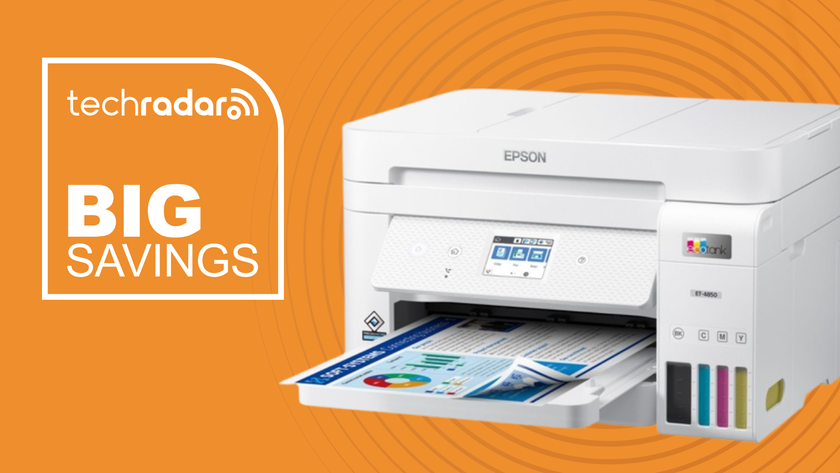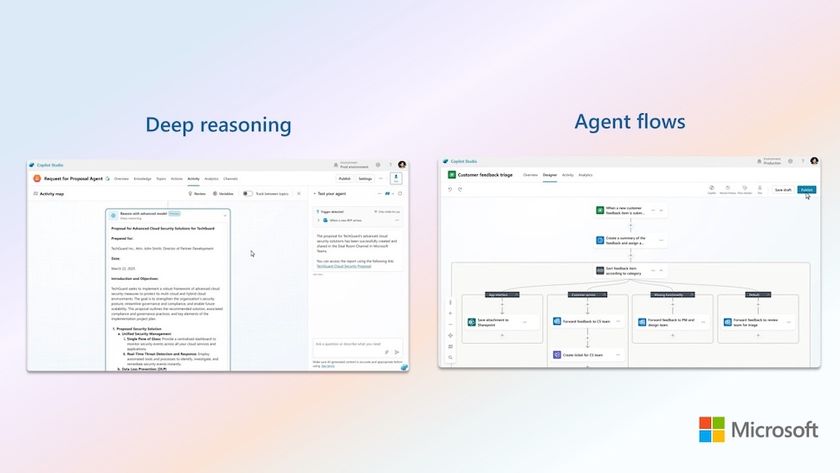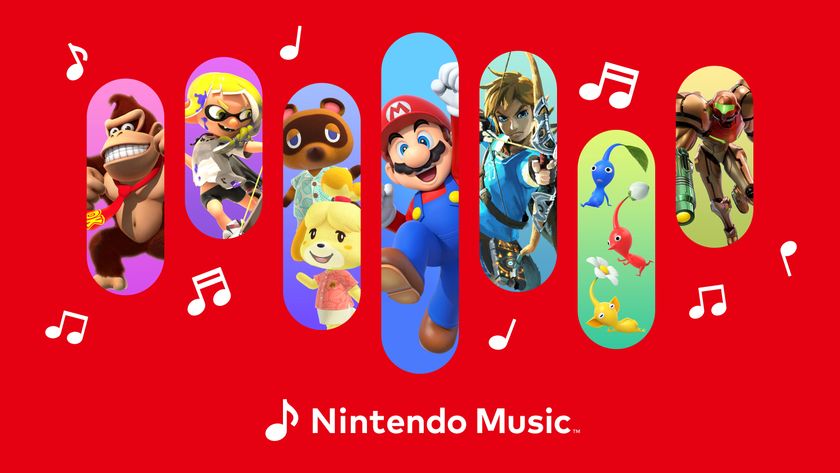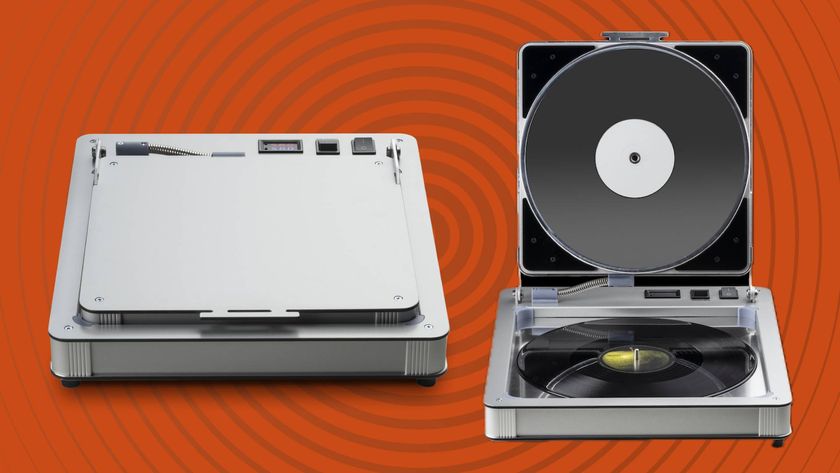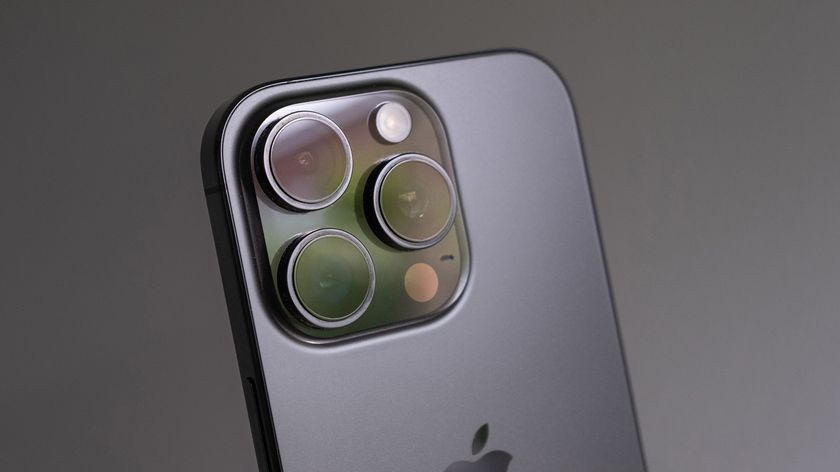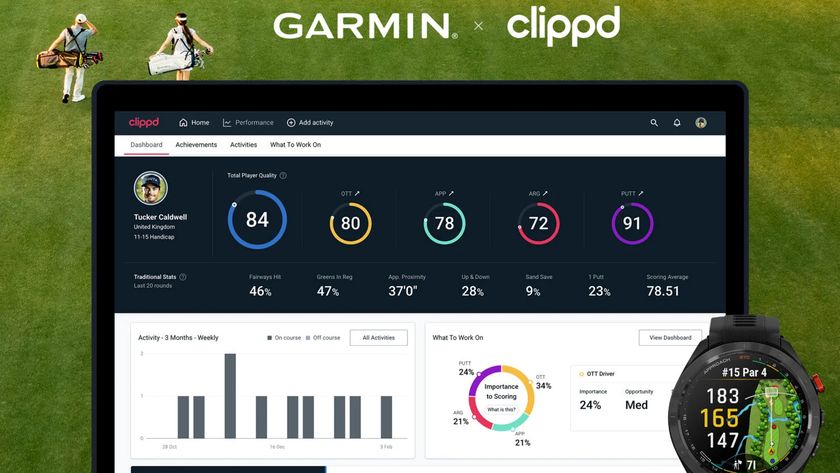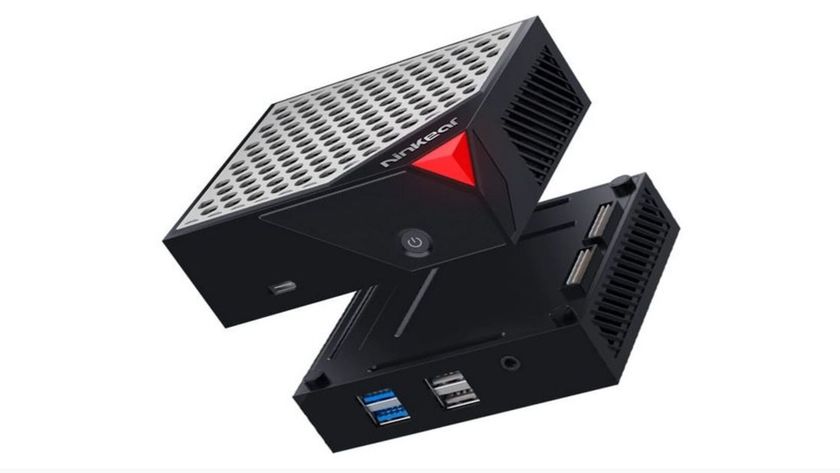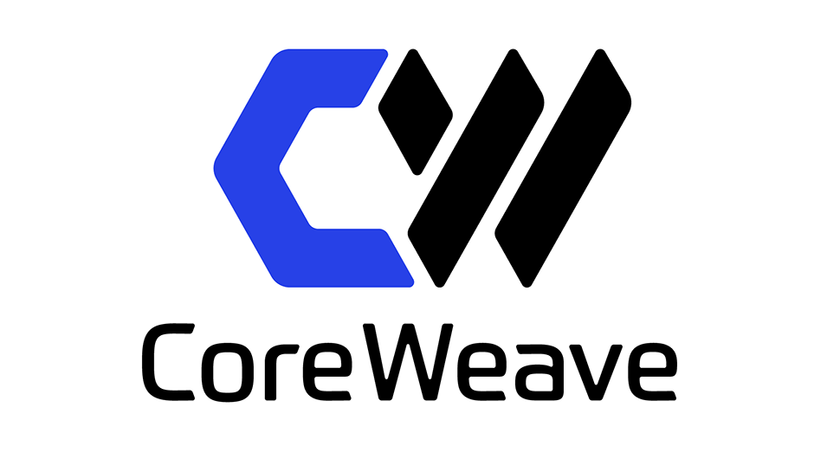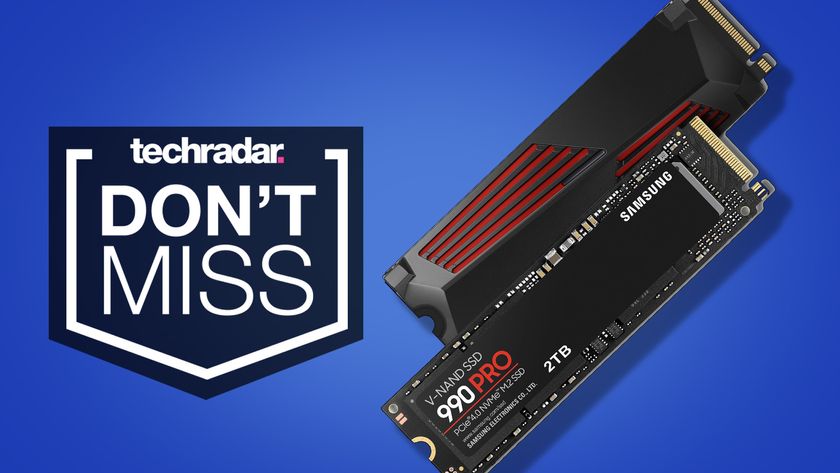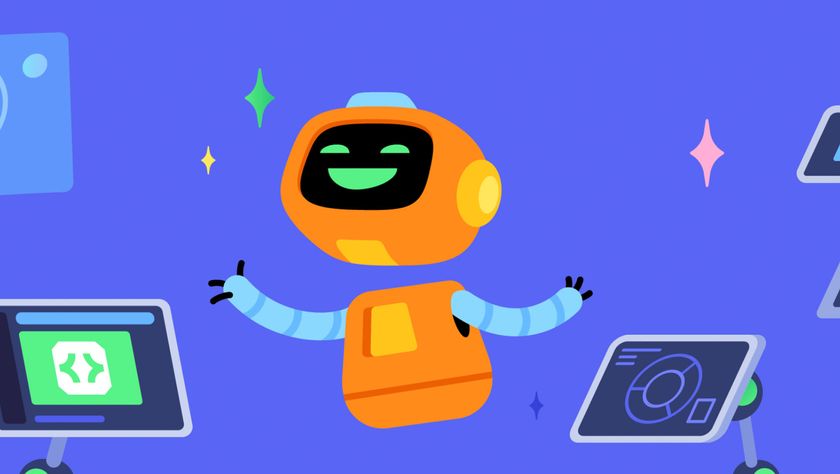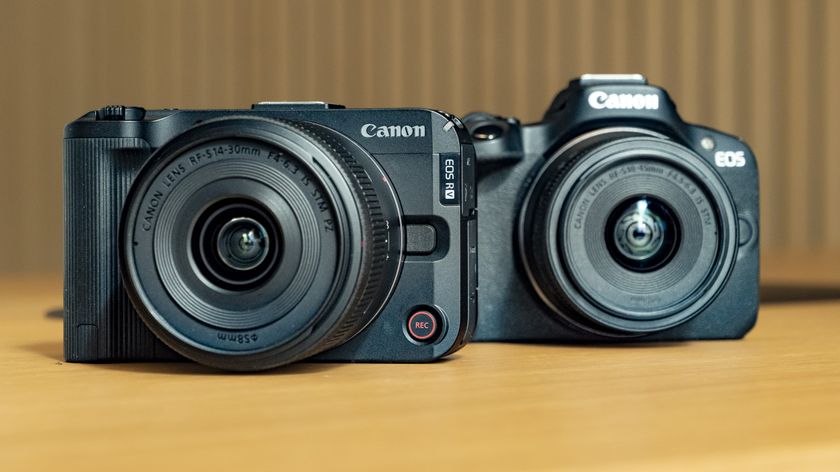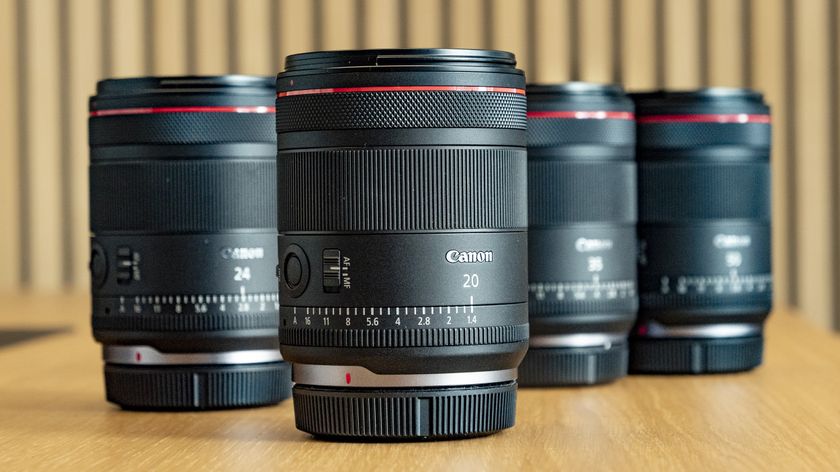What to expect from business tech in 2015
10 areas ripe for change this year
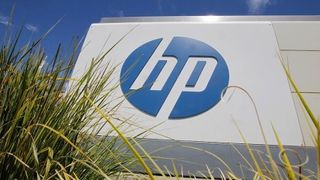
Splitsville
For decades, corporations have acquired smaller rivals to accelerate growth plans, in keeping with the old adage "the more the merrier." 2015 will go in the opposite direction for a few tech behemoths, which are quickly coming to grips with the realization there may no longer be safety in numbers.
Among the more high profile separations already announced are eBay and PayPal. After nearly 13 years together, the online auction giant plans to send the payment service packing sometime during the second half of the year after months of shareholder pressure.
In October, Hewlett-Packard announced another 5,000 heads would roll as part of the company's split into two publicly traded organizations: One focused on enterprise (servers, software, cloud), while the traditional printer and PC business will have to stand on its own two feet by the end of the year.
Antivirus behemoth Symantec followed HP's lead with plans to shave about 10 percent of its workforce this year as the company regroups into two entities, focused on security and storage, respectively.
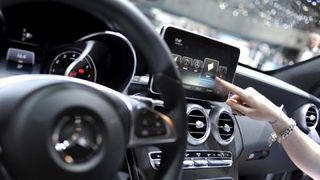
Cars make the connection
What a difference a few years make: Connected automobiles are expected to steal the show from smartphones, video game consoles and other gadgets during this year's Consumer Electronics Show, which kicks off in Las Vegas next week.
Back in 2007, Ford paved the way after teaming with Microsoft to develop the in-car infotainment system Sync. Tech pundits and attendees at the time were left scratching their heads wondering what the fuss was all about, but last year the picture became clearer as Apple and Google announced their own intentions to put CarPlay and Android Auto into the dashboards of new automobiles.
The Consumer Electronics Association (via Bloomberg) is forecasting that factory-installed auto tech could become an $11.3 billion (about UK£7.28B, AU$13.89B) business this year – and that's not counting wearable-based technology from the likes of BMW, who's working on a smartwatch capable of parking your car with nothing more than a voice command.
Are you a pro? Subscribe to our newsletter
Sign up to the TechRadar Pro newsletter to get all the top news, opinion, features and guidance your business needs to succeed!
Google's self-driving car continues to roll ever closer to reality, although this year's focus will be about more realistic goals, such as equipping new vehicles with affordable 4G LTE wireless to make all this connectivity more practical in the first place.

VR moves beyond games
Facebook made headlines last year for throwing $2.3 billion (about UK£1.48B, AU$2.83B) at virtual reality startup Oculus Rift, but 2015 is likely to be less about deal making and more about marketing as manufacturers give the technology more time to simmer.
Gaming and entertainment remains the most viable short-term options for VR, although companies will continue to refine its potential to replace traditional keyboard and mouse user interfaces on the computer as well.
Businesses may also find opportunities, however. Samsung recently predicted (via The Verge) the rise of "digital shops" this year, allowing retailers to circumvent high rent and inventory constraints for virtual reality customers.
With Sony also vying for a spot at the VR table, analysts are predicting (via Cantech Letter) the consumer market could rake in upwards of $7 billion (about UK£4.51B, AU$8.61B) by 2018, with the majority of that revenue not surprisingly coming from the software side of the equation.
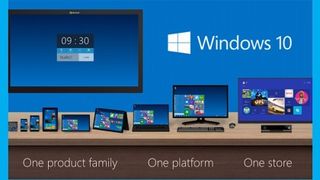
Desktop OS wars
Microsoft has made no secret of plans to unify desktop Windows with its mobile counterpart, and those ambitions should come to fruition with the release of Windows 10. Early adopters have already been putting the Technical Preview through its paces for a few months now, although the united OS isn't expected for release until later in the year.
With an improved desktop experience and better multitasking, Windows 10 should take center stage at a media event on January 21, when Microsoft details some of the consumer-facing enhancements engineers have been cooking up in the labs.
Apple is also expected to continue its now-annual tradition of updating the Mac operating system, presumably by rolling out a new California-themed OS X 10.11 build for developers at the yearly Worldwide Developer Conference in June.
Cupertino will likely continue making the Mac and iOS platforms play well together despite keeping them as separate entities. Now that Apple's Touch ID is ubiquitous on iPhone and iPad, could an updated fingerprint-friendly trackpad (Magic Mouse or Trackpad for the latest iMac and Mac Pro) provide similar security for desktop Macs? We hope so.
We also wouldn't be surprised to see Apple make further overtures into enterprise with the Mac, perhaps in tandem with former archrival IBM. With iOS factored in, Apple operating systems are already expected to outsell Windows on the consumer side this year, even as devices running Google's Android continue to dwarf all three platforms worldwide.
